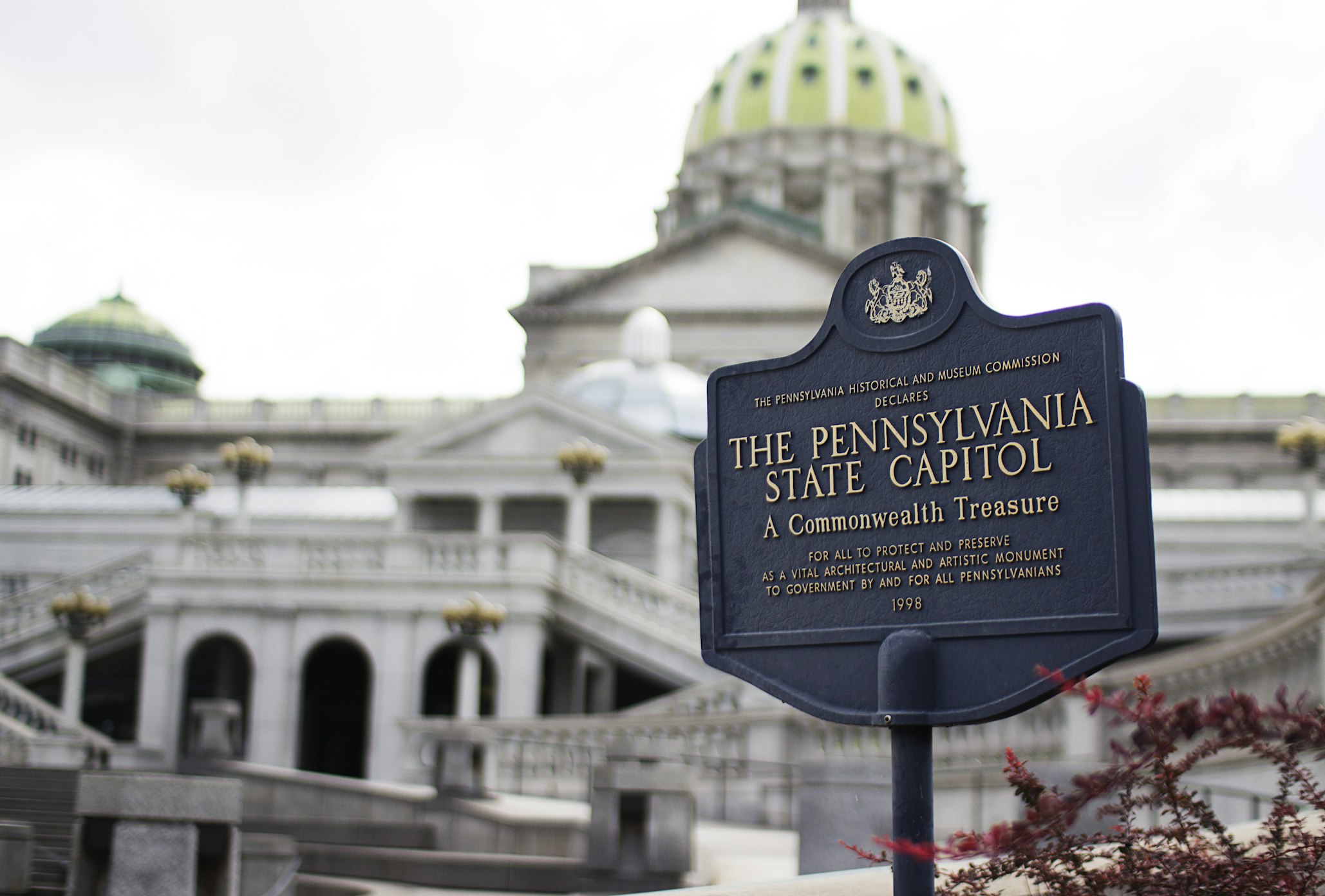
In a significant development for online poker enthusiasts, Pennsylvania will be joining the Multi-State Internet Gaming Agreement (MSIGA) in April 2025. Players in the Keystone State will be able to compete against opponents from other member states, a pivotal moment in the evolution of online poker in the country.
Pennsylvania’s entry into MSIGA could significantly boost the state’s online poker scene by increasing competition and prize pools. At the same time, the rise of offshore platforms offering crypto casino promotions, bonuses, and game offerings, though still unregulated in Pennsylvania, reflects changing player preferences and broader industry trends. As Pennsylvania finalizes its path to joining MSIGA, the journey to this point has been marked by strategic decisions and careful planning.
Pennsylvania is a big participant in the online gambling sector, with a huge market that includes online casinos, sports betting, and poker. Until now, Pennsylvania's online poker players have been confined to intrastate games, limiting larger prize pools and more competitive tournaments.
The push to join MSIGA came when Governor Josh Shapiro directed the Pennsylvania Gaming Control Board (PGCB) to start negotiations for entry into the compact. In his directive, Governor Shapiro emphasized the importance of staying competitive in the gambling sector and recognized the benefits that joining MSIGA would bring to the players and the state's revenue streams.
The Multi-State Internet Gaming Agreement is a collaborative pact that allows member states to pool their online poker players. The games become more lucrative this way and competition is more intense. Established initially between Nevada and Delaware in 2014, the agreement has since expanded to include New Jersey, Michigan, and West Virginia. By joining MSIGA, Pennsylvania will become the sixth state to participate in this interstate online poker network.
The primary advantage of such an agreement is the ability to offer larger and more frequent tournaments and attract a wider range of players. The experience is more engaging and individuals are pushed to higher performance when the competition is stiff. For operators, more money means more stable and profitable poker ecosystems.
According to Doug Harbach, Communications Director for the PGCB, Pennsylvania has formally accepted the invitation to join MSIGA and is currently finalizing the necessary paperwork. The state wants to launch shared player pools in the early second quarter of 2025, hopefully by April.
Of course, the timeline depends on several factors. Online poker operators must be ready to integrate their Pennsylvania platforms with those in other MSIGA states. Major operators are expected to take the lead in offering interstate play to Pennsylvania residents.
The inclusion of Pennsylvania, with its population of nearly 13 million, into MSIGA is expected to have a substantial impact on the online poker landscape. Players can look forward to larger prize pools since the expanded player base will naturally lead to more money, making tournaments more enticing. A more diverse player pool will allow operators to offer a wider range of game types and stakes, catering to both casual players and high rollers. All will have the opportunity to test their skills against a broader array of opponents and determine who really is the best.
For the industry, Pennsylvania's entry into MSIGA is a sign of the growing strength of the legal and regulated online poker market in the U.S. It sets a precedent for other states that are considering similar collaborations and it showcases the benefits of interstate cooperation in the gaming sector.
While the prospects are promising, several challenges need to be addressed to ensure a smooth integration. Operators must get their platforms ready to seamlessly merge player pools across state lines all while meeting and complying with many regulations.
Each state has its own set of regulations when it comes to governing online gaming. They all have to bring these to a form of harmony. Interstate play requires meticulous coordination. They must also educate their players about the new opportunities and any changes to existing platforms will be crucial for a successful rollout.
As Pennsylvania prepares to join MSIGA, the future of online poker in the state appears bright. The move is expected to reawaken interest in online poker, attract new players, and provide a more dynamic and rewarding experience for existing enthusiasts. It could also encourage other states to speed up their considerations of joining MSIGA. Such growth could lead to an interconnected online poker community across the United States.
Pennsylvania's anticipated entry into the Multi-State Internet Gaming Agreement in April 2025 is a historical moment, one for the books. It could be the move that enhances the gaming experience for players, boosts the state's gaming revenues, and strengthens the regulated online poker industry nationwide. As the integration process unfolds, stakeholders and players alike will be keenly observing the outcomes, hopeful that this development ushers in a new era of growth and opportunity for online poker in the United States.